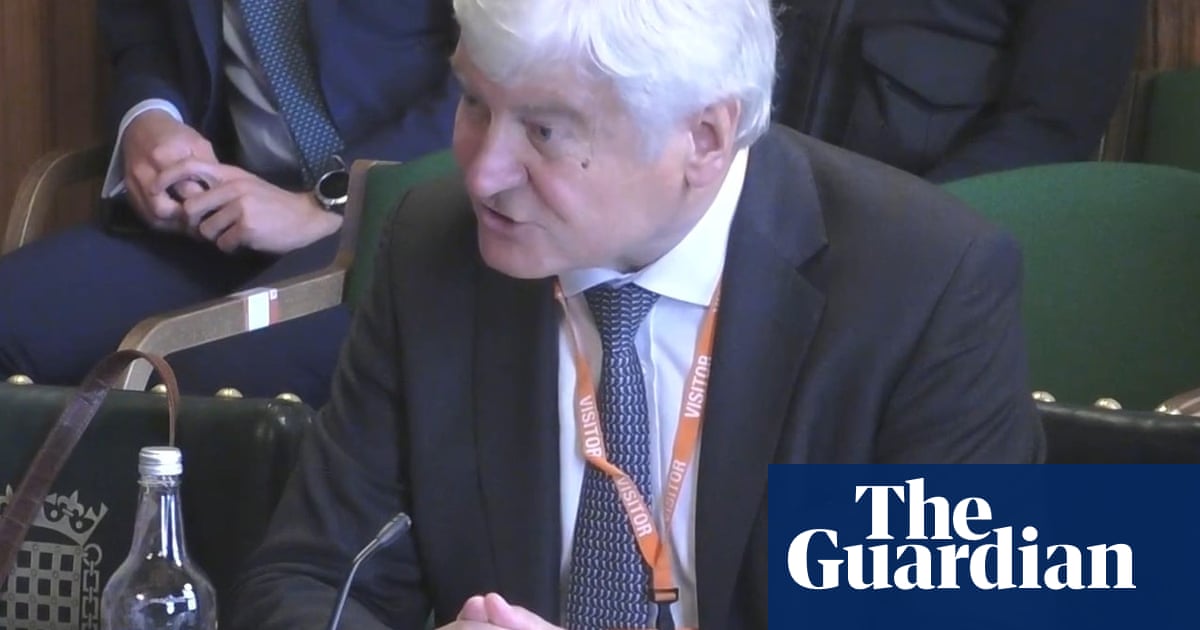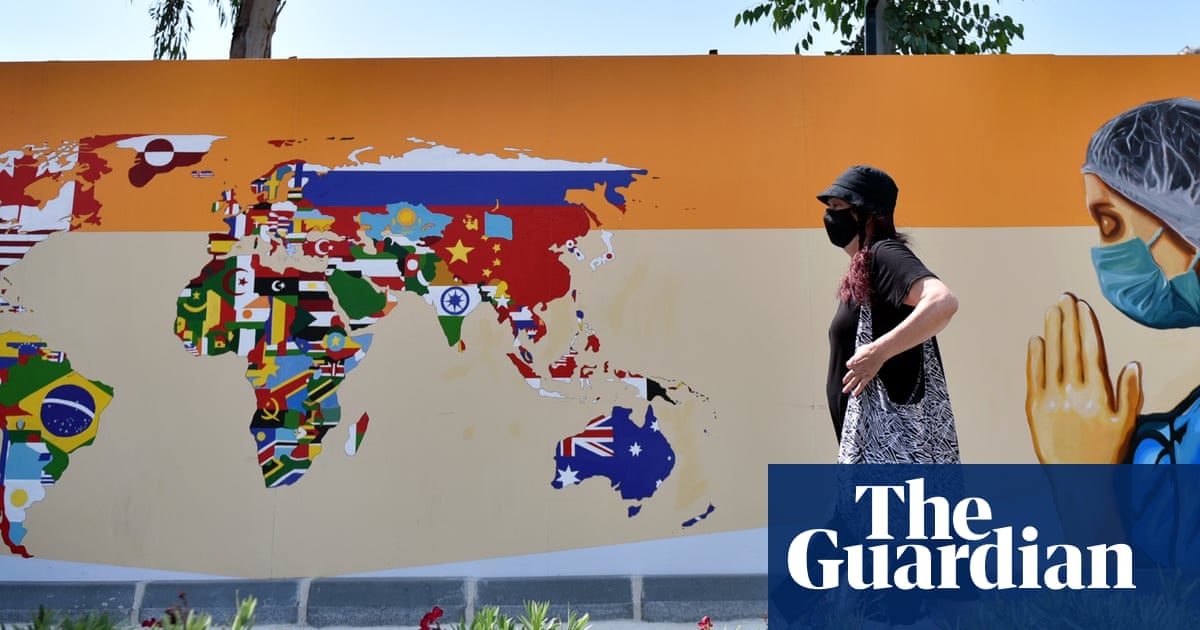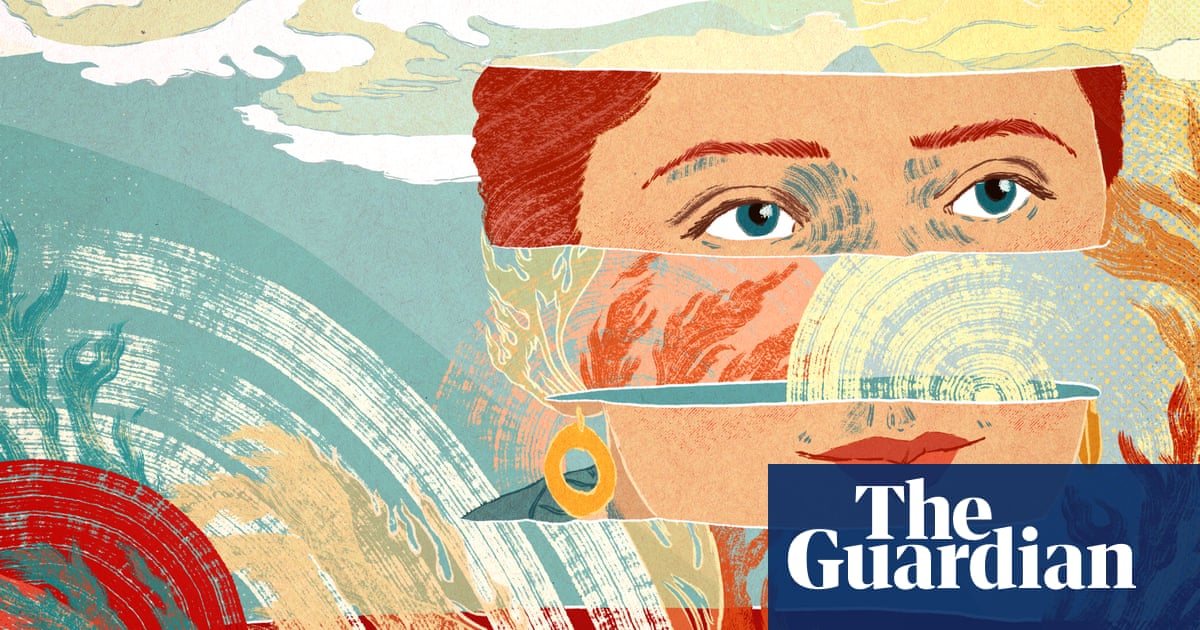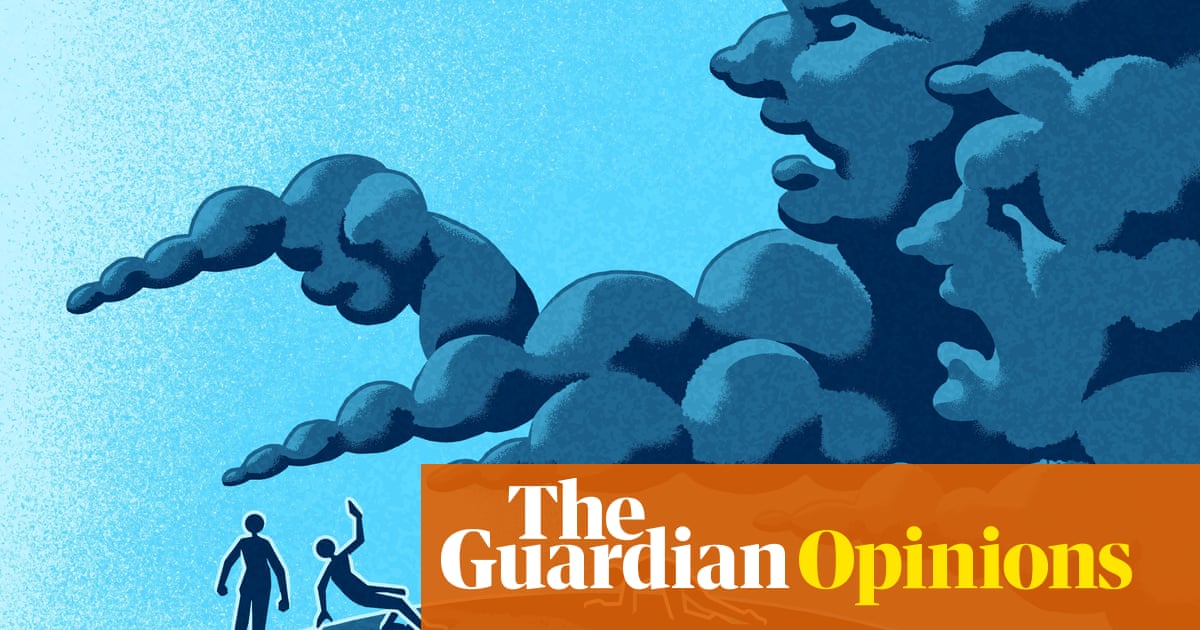Protesters in Barcelona used water pistols to take aim at tourists visiting the Sagrada Familia last month. Residents’ associations in Mallorca posted an open letter appealing to tourists to stay away from the island. More such actions are expected in the Canary Islands, Málaga and elsewhere as Spain braces for another massive season of overtourism.
Last year, there were close to 100 million visitors to Spain, twice the population. No wonder the industry is licking its lips and rubbing its hands at the prospect of even more this year. But those of us with no stake in the hospitality trade brace ourselves for the invasion with a mixture of dread and resentment. For those on the receiving end, mass tourism feels more and more extractive to the point that it is a form of corporate colonialism.
Here in Barcelona, we long ago gave up walking down the unpleasantly overcrowded Rambla. We avoid the old city, and we don’t bother going to the thronged beach at Barceloneta. We can’t get home to Vallcarca because public transport is overwhelmed with tourists heading to Antoni Gaudí’s Park Güell, one of the city’s most popular attractions. When a new and much needed park was inaugurated last month, the council said it hoped it would attract tourists. When the area around the filthy Besòs river was cleaned up and turned into a nature sanctuary, it was billed as a tourist attraction.
This relentless marketing drive leaves residents feeling as though our only role is to make the place seem more authentic. But the irony is that the more the tourists come, the less authentic Barcelona becomes. Every day the city is less like itself and more like a marketing department’s idea of Barcelona.
Turisme de Barcelona has just launched a new campaign under the slogan: This is Barcelona. Many here would replace the “is” with “was”. As residents and local businesses are driven away, the city is being hollowed out, with traditional bars and shops replaced by tapas bars, pizzerias and souvenir shops because no one else can afford the soaring rents. Official figures show that shop rents in central Barcelona have more than doubled over the past five years.
Just as we feel colonised, aren’t the tourists also being short changed by corporate greed? What new cultural experience comes from travelling to Barcelona to queue for eggs benedict at a place called Brunch & Cake? Why travel abroad to shop at Zara or Emporio Armani or eat at a Taco Bell when you can probably do that nearer to home?
Or is it that people feel comforted by the familiarity of the ubiquitous global brands? Perhaps it makes them feel more at home, which also begs the question, why travel at all? To the tourist industry this isn’t an issue. If people keep coming it’s because they like it. Enough said.
Let’s not get holier than thou, because there are no buyers without sellers and a combination of hoteliers, landlords and a compliant local authority have for decades gleefully sold the city out from under the feet of its citizens. As a florist whose family has sold flowers on la Rambla since 1888 told me: “We’ve lost everything, but it was us, we Catalans, who sold it.”
Take Barcelona football club, often held up as a flagship of the Catalan nation: més que un club, as they like to say. And yet go to a match and you’re as likely to hear English, French or a variety of other languages spoken as you are Catalan or Spanish. How is this possible, when virtually every seat is owned by a season ticket holder? Because the fans sell their match-day tickets to tourists in a scheme facilitated by the club itself.
And yes, there are the jobs and the money: 12% of Spain’s GDP, and 14% of Barcelona’s, comes from tourism, tens of thousands of jobs, many of them badly paid and precarious, but jobs nevertheless. The kneejerk riposte to anyone who complains about feeling overwhelmed by mass tourism is: right, so you want to put thousands of people out of work, do you?
In the nearly 25 years I have lived in Barcelona every single mayor has pledged to control tourism and put quality above quantity. Whether they mean it or not, the figures speak for themselves. This is not about nostalgia. If there is any nostalgia, it is for the days 20 years ago when we had a manageable 10 million visitors a year, not 30 million.
Everything has a critical mass and here, as well as in places such as Seville, Málaga and the Balearic Islands, the feeling is that we have reached it. Hence the growing number of protests, most of them focused on how tourism has made these places unaffordable for their residents.
Whatever the solution is, attacking individuals with water pistols is both pointless and unfair. We all travel, we are all the foot soldiers of corporate colonialism, and in the absence of another pandemic or much higher plane fares it’s hard to see the situation changing, especially as no Spanish government, regional or national, would dare to derail the tourist gravy train.
Perhaps it is down to each of us to become more conscious of the social and environmental impact of this incessant wanderlust, and ask ourselves what exactly we hope to find in a world in which mass tourism increasingly makes everywhere feel the same.
In Stephen Sondheim’s musical Company there’s a duet that goes:
Where ya going?
Barcelona.
Do you have to?
Yes, I have to.
Maybe we need to ask ourselves: do we?
-
Stephen Burgen is a freelance writer who reports on Spain for the Guardian

 6 hours ago
6
6 hours ago
6

















































